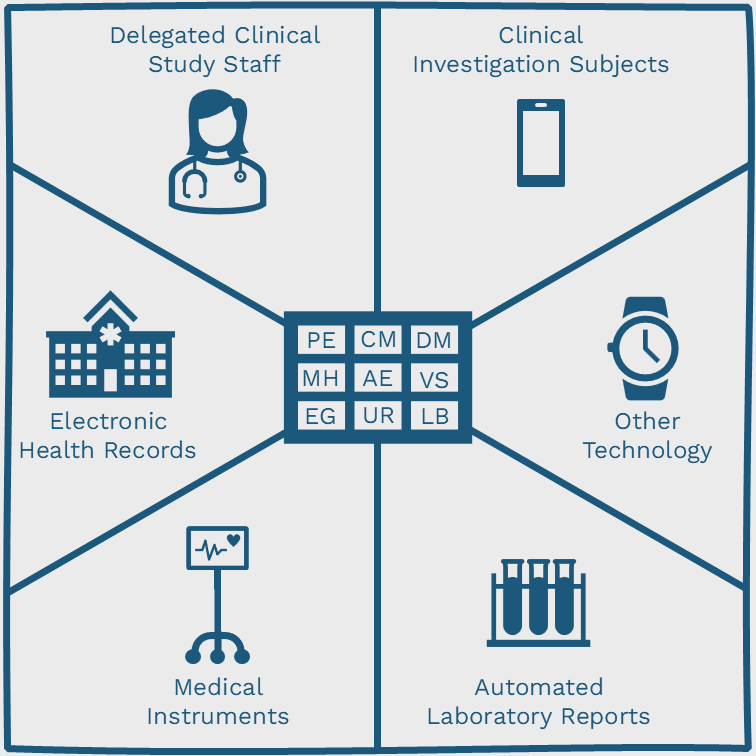Exploring the relationship between change and conflict
Recently I was having work carried out on my house – it was noisy and messy – and my neighbour started banging heavily on the door. I answered with a big smile and said hello but when I saw my neighbour’s expression, I knew something was up. He was fuming. This prompted me to ask why do people resist change.
I won’t bore you with the details but suffice to say it got me thinking about conflict. There are many reasons for conflict but at its heart it occurs because of a disagreement about values and preferences. Values are important because they give us a reason to strive for what is important so when our feelings are triggered by conflict it is often a deep personal need at the heart of the problem.
My neighbour cited several reasons why I should not have the work done but for each one I provided a rational response as to why it was necessary. Then he mentioned his health. When I returned to my office, I pondered our exchange and it dawned on me that his health is important; and so, the noise and mess caused by my workmen pressed in on something very important to him (and all of us).
The mess and noise of the work signalled a change to my neighbour that was unexpected; and touched on a strongly held value about his health.
At this moment, a connection was made in my mind, between conflict and resistance to change. Humans like familiarity and feel uncomfortable with unsettled circumstances. This is what made me ask why do people resist change?
In an ideal world, it would be easier if change happened without conflict. But we know that’s not going to happen so we have to learn how to deal with conflict. Two core skills need to be practiced when conflict occurs.
- The ability to quickly relieve stress.
- The ability to respond constructively.
One of the fastest methods to relieve stress is to engage one or more of our senses, or to physically move our bodies. By finding a method that works for me I have been able to stay calm, productive, and focused when I experience stress. The ability to respond constructively requires emotional awareness which is the ability to remain comfortable enough with our emotions to react in constructive ways, even in the midst of a perceived attack.
Going back to the scenario with my neighbour, I had to think fast, so for me, smiling is a natural way to relieve stress and hopefully diffuse the situation. When we started discussing the grievance my neighbour had, I knew I shouldn’t start by disagreeing so instead I listened. After actively listening, I was able to constructively explain why the work needed to be done.
The change curve described by Dr Elisabeth Kubler-Ross in On Death and Dying illustrates four stages that most people go through when they experience change. The first stage is shock or denial, the second is anger or fear, the third is acceptance, and the final stage is commitment. When I consider this in relation to my neighbour, I can guess that some form of shock occurred at home, which then triggered the anger directed towards me. I want to keep things amicable with my neighbour so I hope we move to acceptance so that we can all move on with or lives!






